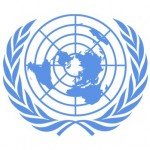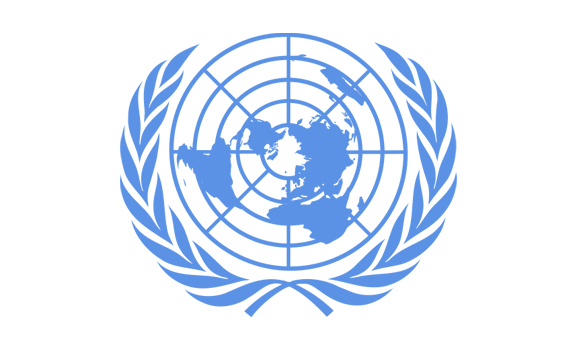 The International Day for Biological Diversity, established by the United Nations General Assembly, aims to enhance understanding and awareness about biodiversity issues. This year, the focus was on marine diversity, with Secretary-General Ban Ki-moon highlighting the fragile state of the world’s oceans, and urging greater protection for marine biodiversity.
The International Day for Biological Diversity, established by the United Nations General Assembly, aims to enhance understanding and awareness about biodiversity issues. This year, the focus was on marine diversity, with Secretary-General Ban Ki-moon highlighting the fragile state of the world’s oceans, and urging greater protection for marine biodiversity.
“Oceans cover almost three-quarters of the surface area of the globe. They are home to the largest animal known to have lived on the planet — the blue whale — as well as billions upon billions of the tiniest of microorganisms. From sandy shores to the darkest depths of the sea, oceans and coasts support a rich tapestry of life on which human communities rely,” Mr. Ban said in his message to mark this year’s International Day for Biological Diversity.
International efforts are essential if we, as global citizens, are to manage and conserve oceanic species such as the manta ray. Mantas traverse ocean basins and cross international boundaries. They form an important link in the vital chain connecting terrestrial and marine ecosystems. As such, manta populations may be affected by distant activities on land or in the sea. They are an important indicator of large-scale ocean health.
In his message, Mr. Ban highlighted the threats facing our oceans: commercial over-exploitation of fish stocks, with more than half of global fisheries exhausted and a further third depleted; the loss of between 30 and 35 per cent of critical marine environments such as seagrasses, mangroves and coral reefs; and the impacts of plastic debris and pollution from land that continues to kill marine life and create areas of coastal waters that are almost devoid of oxygen.
At the same time Mr. Ban emphasized that the International Day for Biodiversity is an opportunity to look ahead. Today we have the capability to establish large-scale marine reserves, and to identify critical areas of ecological importance to protect. Through action and initiatives by the United Nations, Governments and other organizations we can begin to curb overfishing, expand marine protected areas and reduce ocean pollution and the impact of climate change on the ocean.
Success will require a global perspective, as well as technologies able to accurately track and predict the movements and status of manta rays and other species, and help us to manage those human activities that affect marine ecosystems. Away from the dizzying heights of international politics, this is something where we can all play an important role. By simply submitting photos of manta rays, we can all contribute to improving our understanding of this majestic create, and help to guide and inform international actions.


